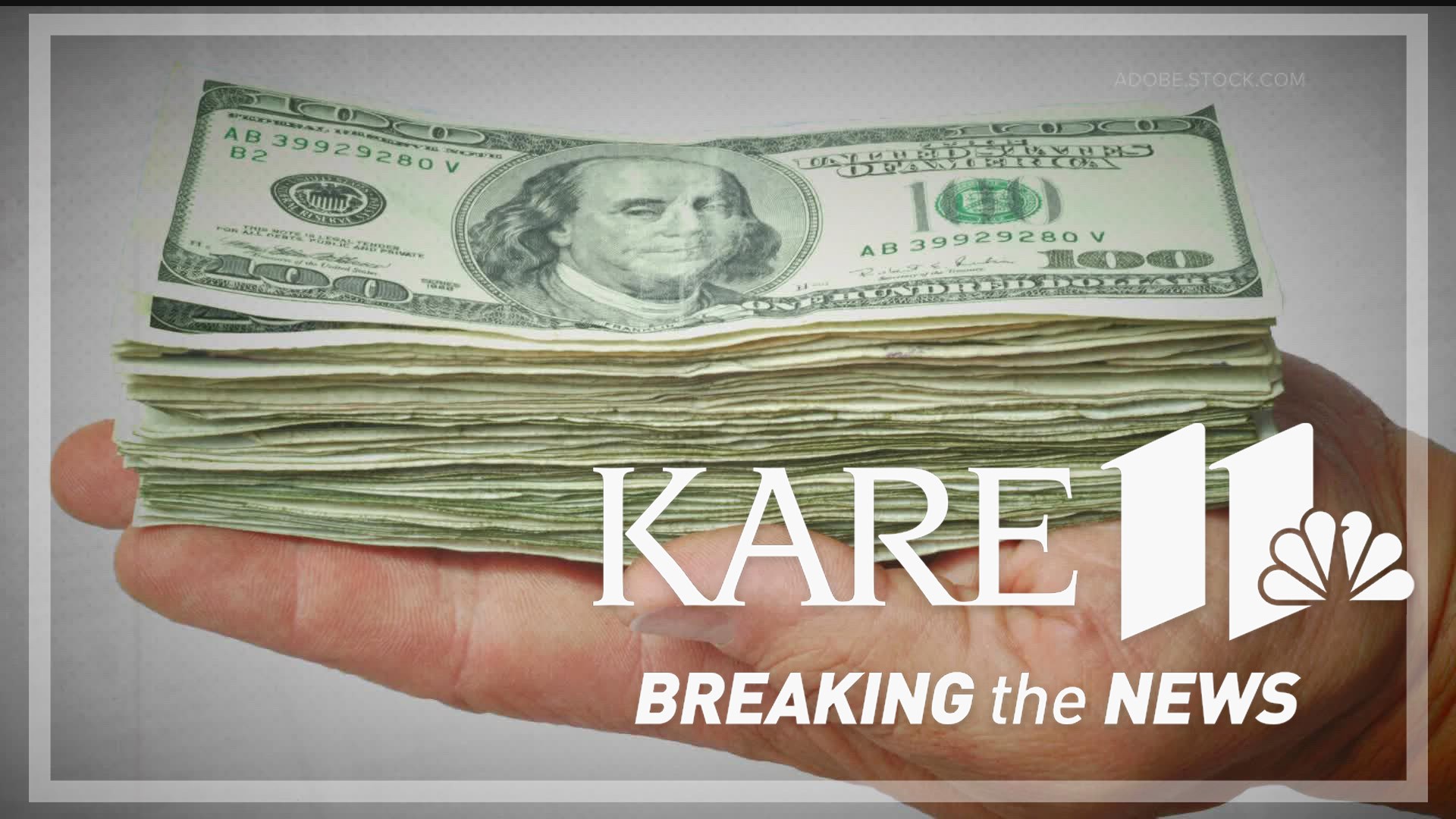MINNEAPOLIS — The Gross Domestic Product (GDP) of the United States has shrunk for two consecutive quarters, which has traditionally been a key indicator that we have entered an economic recession.
But with an election on the horizon, the definition of the word itself — and whether it applies — has become a political battle.
So where do things really stand? KARE11 reporter Kent Erdahl spoke to Murray Frank, a finance professor with the University of Minnesota Carlson School of Management, to find out.
Kent Erdahl: "Everyone in Washington is arguing over the word recession. Do you consider it a recession?"
Professor Murray Frank: "In some ways it doesn't really matter. Economists use the word recession to mean the economy is doing badly and it's doing badly for more than 10 minutes, so it's doing badly for a while. I've tended to use the word recession to refer to situations like now, but I don't really want to argue about the definition. For about the last 50 years, it has been extremely common to use two negative quarters."
The official definition of recession from The National Bureau of Economic Research, which will ultimately make a call, defines a recession simply as "a significant decline in economic activity that is spread across the economy and that lasts more than a few months."
Frank says that definition helps explain why the answer isn't so simple this time around. Thought the GDP is now officially negative for two straight quarters, other aspects of the economy — particularly the job market — aren't seeing the same kind of decline.
Erdahl: "Is there a case to be made that this is a little bit of a different situation than what we've had in other cases over the past few decades?"
Frank: "It's certainly different. To go back to find anything different, you have to go back at least a half a century. Some of that is due to the behavior of the Fed. After the inflation surge in the 70s, the Fed became extremely cautious. There was a saying that the Fed's job is to take away the punch bowl before the party gets good, and they didn't do that this time. They made a decision to allow inflation to go up (in 2020-21) and it went up way more than they anticipated. Now they are trying to fix that."
Erdahl: "So if people shouldn't fixate on a word right now, what should they be thinking about with where we're at in this economy?"
Frank: "There are two big issues that I would worry about. One is, if I don't have a job, now is a great time to accept a job, even if it's not perfect. The job market is still good. Six months from now it may not be good."
"The second big issue is in terms of the interest rates. If you are someone who needs to borrow money, you need a new car, or you're buying a house, I would lock in the money now because it is likely to be more expensive in a few months time."
Erdahl: "It sounds like you're saying, buckle down."
Frank: "Exactly. Now it's time to take care of the details, I would say."
Watch more Breaking The News:
Watch all of the latest stories from Breaking The News in our YouTube playlist:

